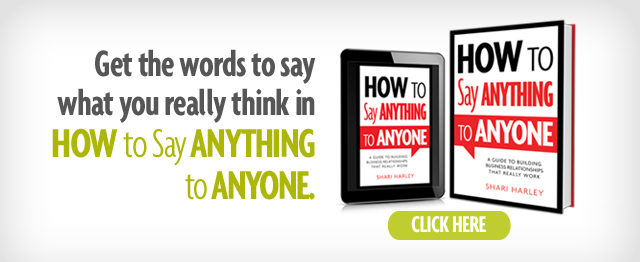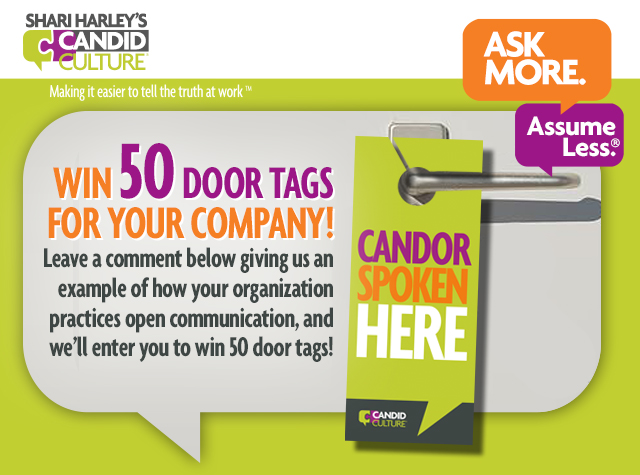Emojis at Work – Do We Really Need Them?
![]() You’re more likely to get an email or text message with emojis at work than a phone call or an in-person visit. Email, text messages, and instant messenger have become the primary modes of communication in most workplaces. And as we know, it’s difficult to manage tone of voice in written communication. Not wanting to sound angry or demanding, we add emoticons at work so the reader doesn’t misinterpret our message.
You’re more likely to get an email or text message with emojis at work than a phone call or an in-person visit. Email, text messages, and instant messenger have become the primary modes of communication in most workplaces. And as we know, it’s difficult to manage tone of voice in written communication. Not wanting to sound angry or demanding, we add emoticons at work so the reader doesn’t misinterpret our message.
I believe email and text messages are overused. But I know most people won’t pick up the phone as often as they could or should. So instead of recommending that you pick up the phone more frequently, I’ll suggest you give people the benefit of the doubt, and make it a general rule not to take things personally.
If you’ve seen me teach how to give feedback or have read How to Say Anything to Anyone, you know I believe that one of the keys to being able to tell the truth is to ask for and gain permission to do so. What would happen if everyone in your workplace assumed that every email had a positive tone and that if something is a problem or a big deal, people will talk to you live? What if you made a deal that people won’t take emails or text messages personally?
When I teach feedback, I tell people not to give feedback via email and to instead talk with people. And we can’t always do that. Sometimes we need email to ensure feedback is timely. But email recipients are often hurt by the implied tone of an email or the brevity of a text message. Intended meanings are often misconstrued, feelings are hurt, and relationships are damaged, hence why we add emoticons at work.
There is a lot written on the value of emoticons at work and how we need to embrace the change in the way we communicate. I just wish we didn’t need emoticons at work. I wish, instead, we thought, “I trust you and assume good. I know that if you’re annoyed with me, you’ll tell me, because we’ve built a relationship in which we deal with challenges overtly, as they happen.” And perhaps I’m living on another planet – the planet of utopic candor. But the aforementioned are my goals. It’s why I do the work I do at Candid Culture. I envision workplaces in which we assume good and ask questions if we don’t. Do you?




